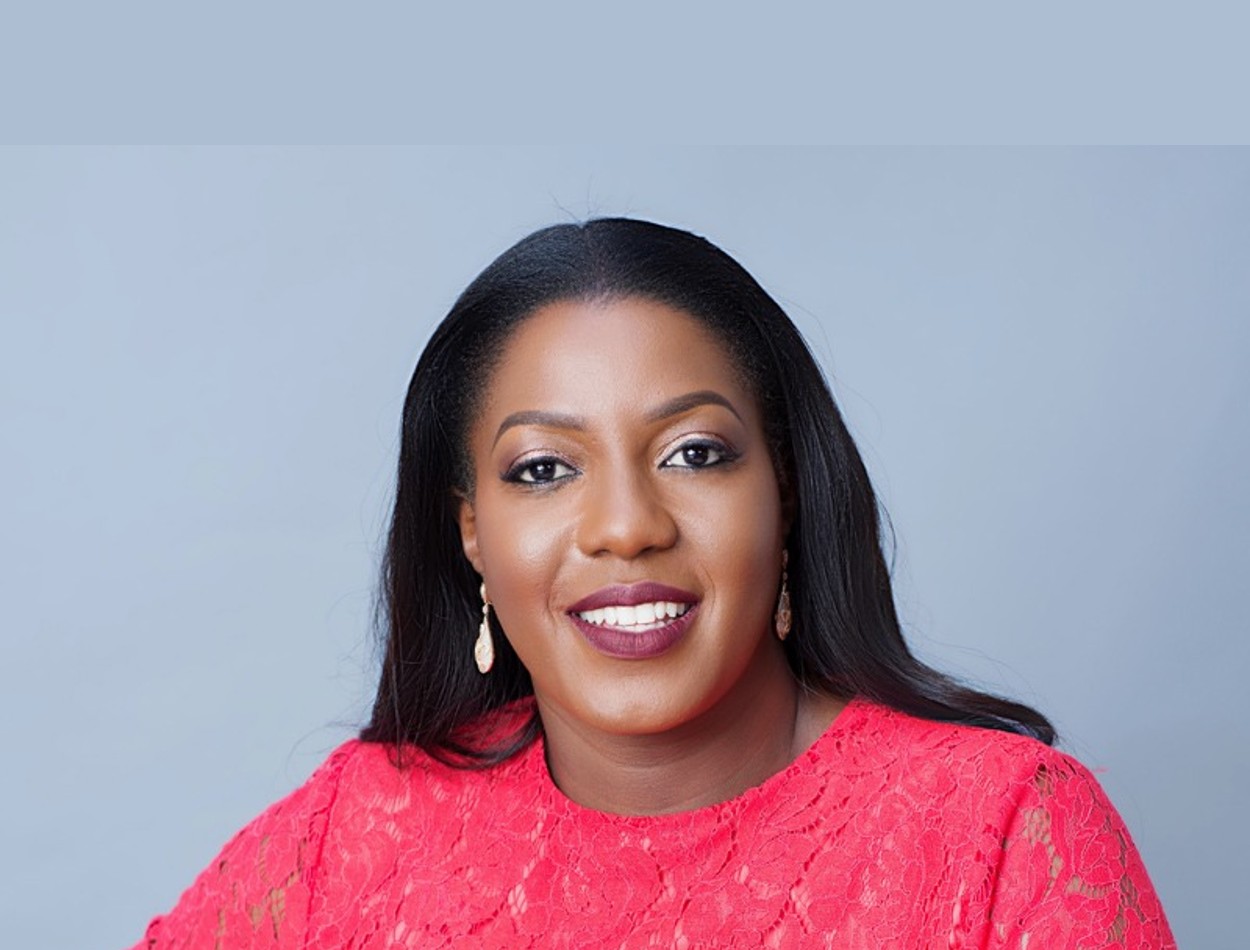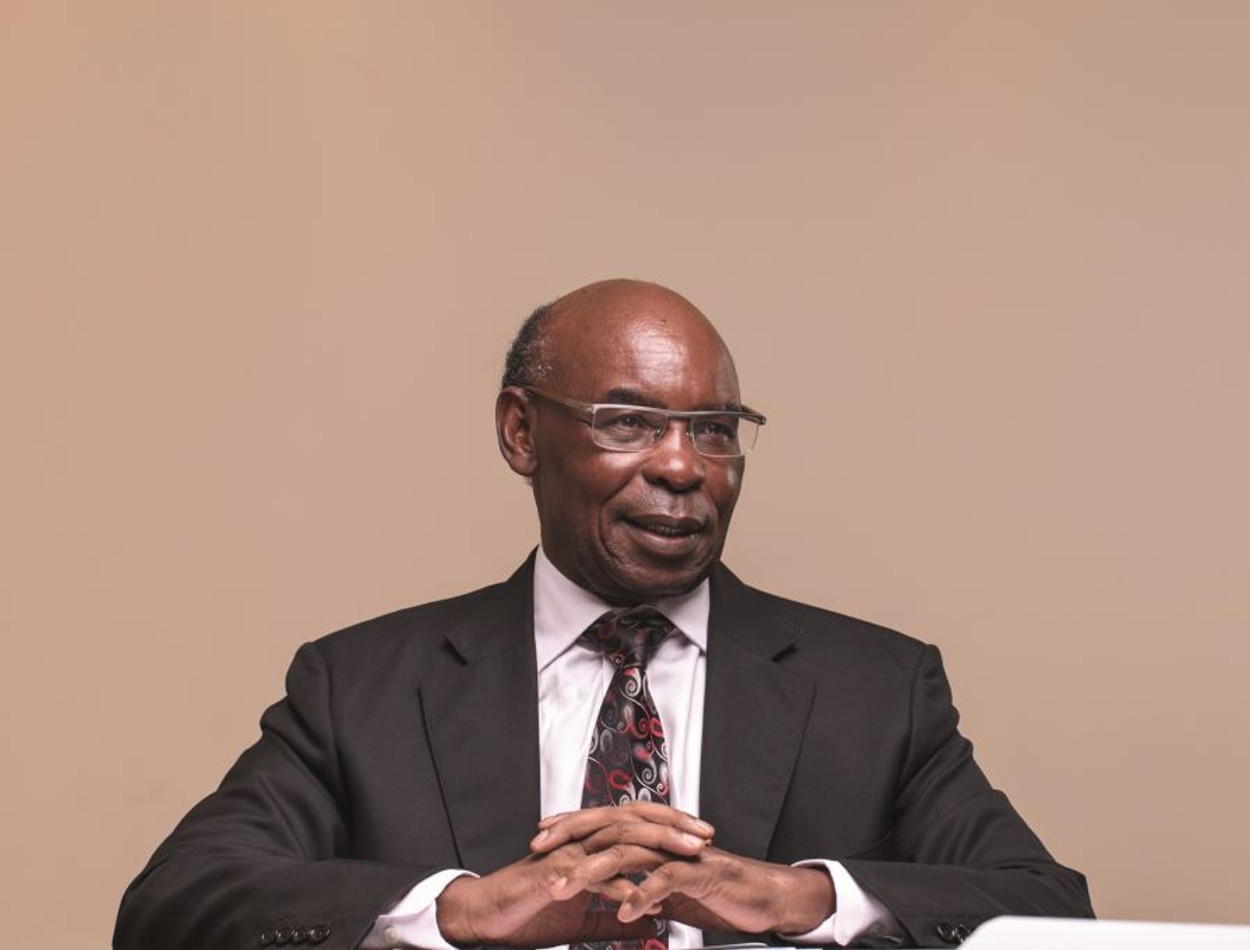There are very few indigenous people at the Nairobi Securities Exchange (NSE) who have built empires from investing in listed companies among other asset classes. At the NSE, one name resonates with reverence and admiration, Jimnah Mbaru.
Mbaru’s rise from humble beginnings to Nairobi’s elite society is a story of grit, innovation, and unwavering determination. But even behind the glitz and glamour of his rise, lies shadows of controversy and critique, just like most African billionaires.
Dyer & Blair Investment Bank is one of the few investment banks that have closed major deals in Kenya’s history. Its success speaks of the position that Mbaru has held in East Africa’s largest economy for decades.
It’s hard to estimate Mbaru’s net worth, like most African wealthy individuals, but it is safe to say that he is among the wealthiest in Kenya. He’s a dollar millionaire, having closed major deals over the years and invested in high-return ventures in Kenya and across the region.
Mbaru has granted very few media interviews, but that is not to say that he is reclusive or public shy. In 2013, as Kenya was ushering in devolved governments, Mbaru ran for the Nairobi governorship position but was beaten by a fellow c-suite honcho Evans Kidero.
After the 2013 defeat, he did not take any active role in politics, but chatters in corridors of power have described him as a deep-pocketed political donor. It is an open secret in Nairobi’s elite class that he is among the wealthy individuals who backed former Presidents Mwai Kibaki and Uhuru Kenyatta.
Political support in a country like Kenya gives the wealthy access to opportunities in public projects and tenders. Also, some use the Presidents’ listening ear to influence change in laws and policy to support some of their investments.
This does not discount the fact that Mbaru’s rise to the top was achieved through his deep understanding of the financial market and strategic investment decisions.
Contents
Humble beginnings in Murang’a
Mbaru was born in Murang’a, a county north of Nairobi and home to notable business brains in the country, in 1947 to peasant parents at the height of the British colonial rule. To supplement his parent’s little earnings, he started dealing in scrap metal, he said in a past media interview.
He joined Kirogo Secondary School in 1963, and here he grew his business into products that were popular among his schoolmates. At every step of his education, he entered a new business, probably laying the foundation of the business empire he owns today.
“In high school, I traded in scones, buying 15 for a shilling then selling each for 10 cents. I would make 50% profit. As a student at the University, I used to trade in the Nairobi Securities Exchange (NSE) and also lend money to students.”
he said in a past interview.
Mbaru graduated with a Bachelor of Commerce from the University of Nairobi in 1971. This was barely a decade after Kenya gained independence and the demand for brains to serve the republic in civil service was high. Mbaru joined the civil service but left in 1978 to pursue an MBA in Switzerland.
“At that time, the fashionable thing to do after that was either to go into consulting or investment banking. A few people went into manufacturing but I opted to go into investment banking because there were only a few stock brokers and no real investment banking taking place.”
Jimnah Mbaru
Mbaru also holds a PhD and a law degree which he achieved in his 50s to help him understand the legal side of his business transactions. He has served as an associate professor at the University of Stellenbosch, South Africa. He has also given public lectures in public policy at the University of Nairobi, Strathmore, and Daystar universities.
Investment banking
Starting, success was not guaranteed as most people would think. Mbaru has narrated in the past that his entry into investment banking did not yield success straight away, he had to work hard and fight government which he viewed as anti-business.
Mbaru set up different banks to cater to various emerging markets at the time. The banks included Union Bank of Kenya, Jimba Credit Corporation, and Kenya Savings and Mortgages, which were later annexed by the government in a crackdown to regulate the country’s banking sector.
“Moi’s era was anti-business. It was filled with hostility towards African entrepreneurship. It was a difficult and retrogressive environment where politics interfered with business.”
Mbaru said.
The taking over of his banking business by the government gave birth to Dyer & Blair Investment Bank in 1983, first as Dyer and Blair Stockbrokers. The name sounds British, and many would wonder how he came up with such a name.
According to Mbaru, he took over the company after the original owner failed to pay the Kenyan Commercial Bank a KES400,000 (about $3000 at today’s rate) loan. The NSE was relatively a new market, with many opportunities. The firm became a full investment bank in 2004.
“While there was a lot of stock brokerage, investment banking did not exist. The sector is tied up with economic development and at that time there was no privatization and neither were companies looking to raise funds.”
Jimnah Mbaru
Dyer & Blair Investment Bank has evolved into one of the leading investment banks in East Africa. Under Mbaru’s leadership, the firm has flourished, playing a pivotal role in shaping Kenya’s financial landscape.

But one of Mbaru’s most notable achievements came in 2004 when he spearheaded the acquisition of a stake in the NSE. His leadership and strategic insights were instrumental in transforming the exchange, attracting both local and foreign investors.
Through his tenure as the Chairman of the NSE, Mbaru championed initiatives aimed at enhancing market transparency, investor confidence, and regulatory compliance.
Notable multi-million transactions
Dyer & Blair Investment Bank has been the lead transaction adviser in some deals including Safaricom’s $840 million initial public offering (IPO) in 2008, PE firm Investment Partners’ 25% stake acquisition in Equity Group for $180 million, and the first IPO on Rwanda Stock Exchange among others.
Mbaru is among the top individual shareholders in underwriter Britam alongside billionaires Benson Wairegi, Equity Group CEO James Mwangi, and Peter Munga. In the last decade, he has offloaded some of his stake in the underwriters but remains a top shareholder.
Political life
Mbaru has described former President Mwai Kibaki as business-friendly in past interviews. However, critics have observed that he is among the few billionaires from the former President’s ethnic Kikuyu to have benefitted immensely during his 10-year rule.
Notably, this was the period that his firm became a full investment bank and closed multi-million deals including the telco Safaricom’s IPO, which aroused controversy. It was during this time that he also took over the leadership of the NSE.
Transcentury, a Nairobi-based company in which Mbaru is among the top shareholders, bagged major government contracts in the Kibaki era. This influence waned after the former President retired, with the company flying into financial turbulence.






